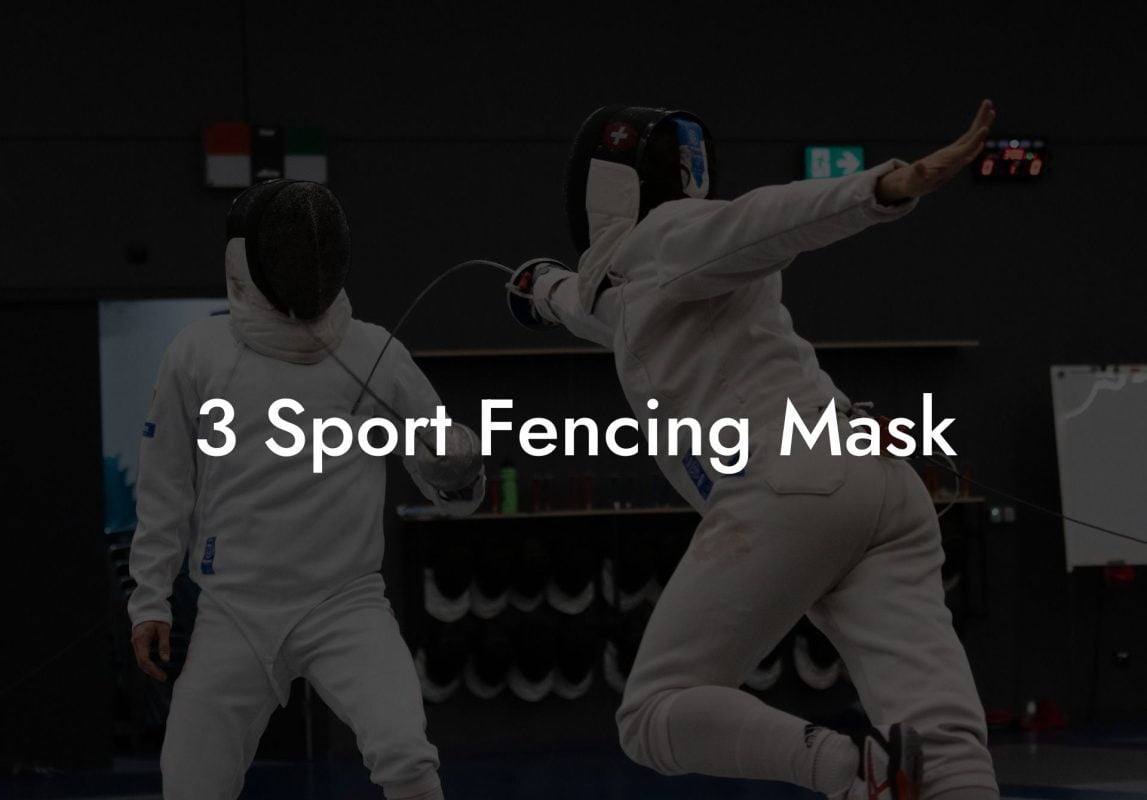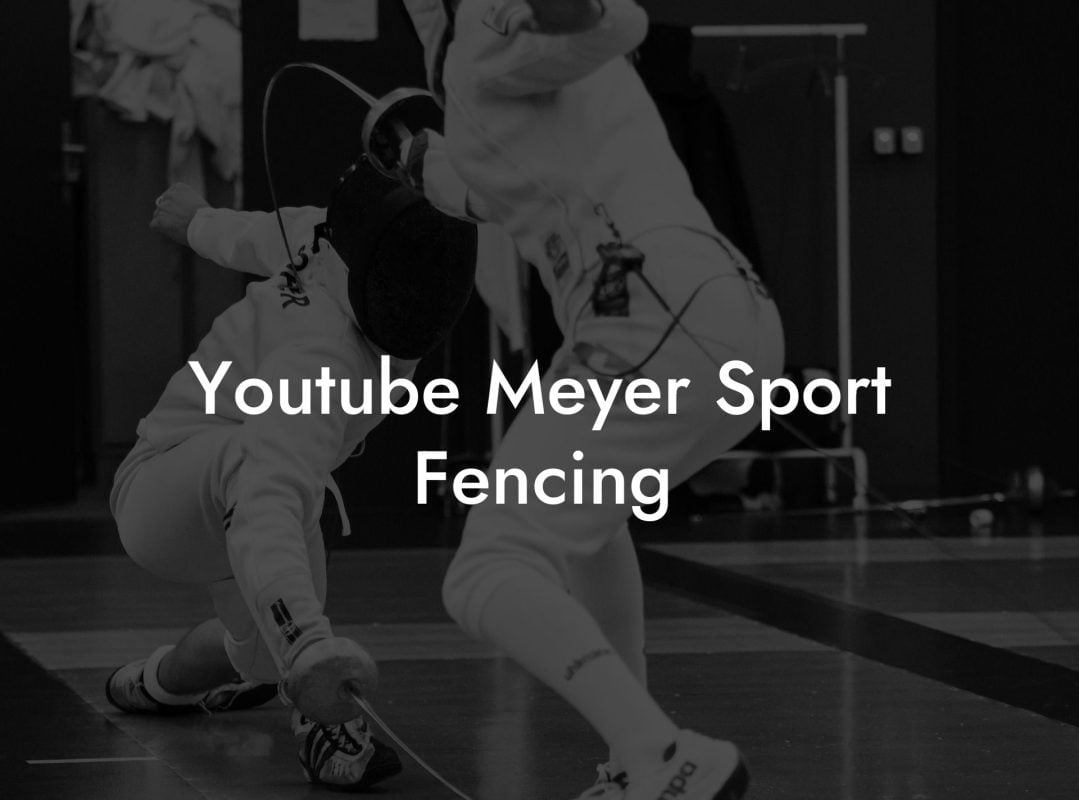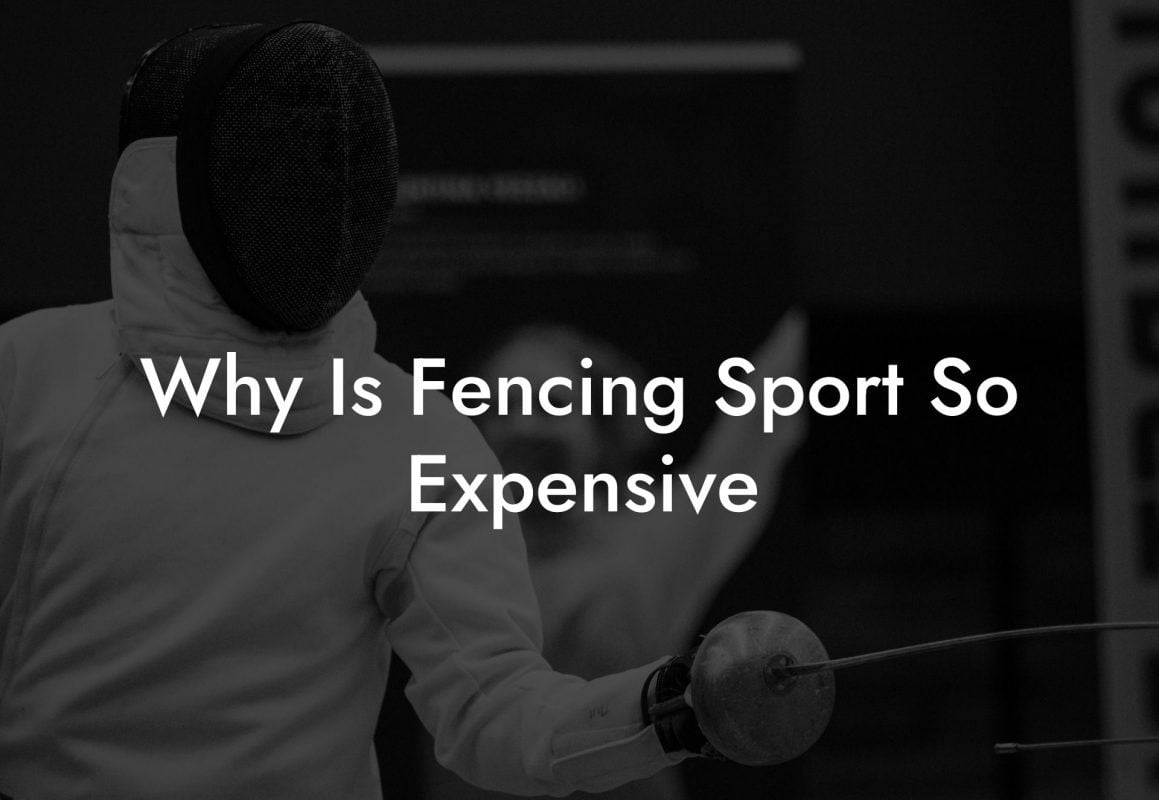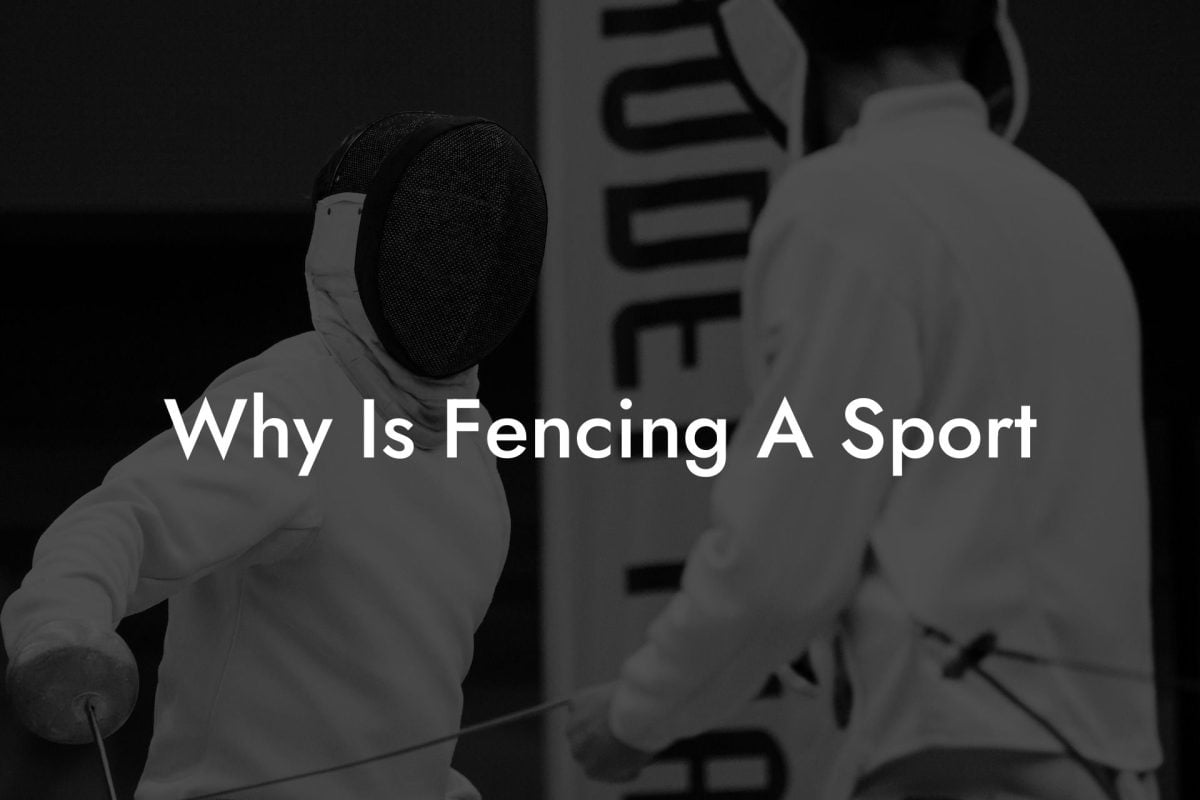Are you looking to up your fencing game and stand out amongst your competitors? Deliberate practice can make the difference between being just a good fencer and an exceptional fencer. In this article, we discuss the concepts and strategies behind Deliberate Practice in fencing and how it can help improve your fencing skills and take your performance to the next level.
Deliberate Practice In Fencing Sport Table of Contents
What is Deliberate Practice?
Deliberate practice is a method of training designed to improve your performance through focused, goal-oriented, and repetitive practice sessions. It involves:
- Setting specific goals for each practice session
- Repeating fencing techniques and exercises to develop mastery
- Constantly reviewing, evaluating, and adjusting your performance
- Using feedback from coaches, peers, or video analysis to improve
Why Deliberate Practice Is Important in Fencing
In fencing, where speed, precision, and quick decision-making are crucial, incorporating deliberate practice is essential for achieving optimal performance. This method of practice:
- Develops muscle memory, making complex movements automatic and faster
- Increases your focus and refines decision-making skills
- Helps you identify and correct weaknesses, leading to a well-rounded skill set
- Builds mental toughness, resilience, and long-term improvement
Key Elements of Deliberate Practice in Fencing
To incorporate deliberate practice into your fencing training routine, consider the following essential elements:
1. Setting Goals and Intentions
Having clear and specific goals for each practice session helps ensure focus and purposeful efforts. Goals should be SMART (specific, measurable, attainable, relevant, and time-bound). For example, spending 30 minutes on footwork to improve lunging accuracy.
2. Breakdown and Mastery
Fencing techniques can be complex. Breakdown each technique or skill into its components and focus on mastering each aspect before putting them together. This systematic approach leads to a deeper understanding and better execution of skills.
3. Feedback and Evaluation
Constructive feedback from coaches, peers, or video analysis is essential for improvement. Periodically review and evaluate your performance to identify areas needing improvement. Make adjustments to your practice plan based on the feedback and reevaluate your progress.
4. Consistency and Commitment
Deliberate practice requires consistent, dedicated effort over a long period. Aim to practice regularly and consistently, with a focus on the process of improvement rather than immediate results.
Deliberate Practice In Fencing Sport Example:
During a week of fencing training, a fencer decides to incorporate deliberate practice into their routine. They set a goal to improve their parry-riposte technique. Below is how their training week looks like:
- Monday: Focused drill session on different types of parries
- Tuesday: Footwork training for optimal positioning and balance in preparation for ripostes
- Wednesday: Video analysis of previous bouts to identify weaknesses in parry-riposte execution
- Thursday: Practice combining parries with direct, indirect, and compound ripostes
- Friday: Bouting session, with the coached feedback focused on parry-riposte performance
By focusing on specific elements and continuously evaluating progress during a week, the fencer can pinpoint areas needing improvement and make necessary adjustments in their technique.
Now that you have an understanding of how deliberate practice can be incorporated into your fencing training, start making a plan to refine your skills strategically. Fencing is not only about physical ability but also about mental acuity and strategic thinking. Deliberate practice will help you develop in all these aspects and lead to excellent performance on the strip. Share this article with fellow fencers and help them improve their game as well. Dive deeper into the world of fencing and explore more guides at Anchorage Fencing Club.













